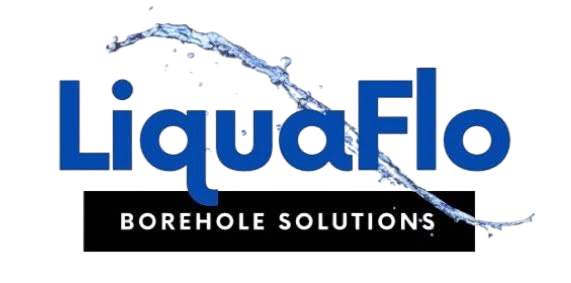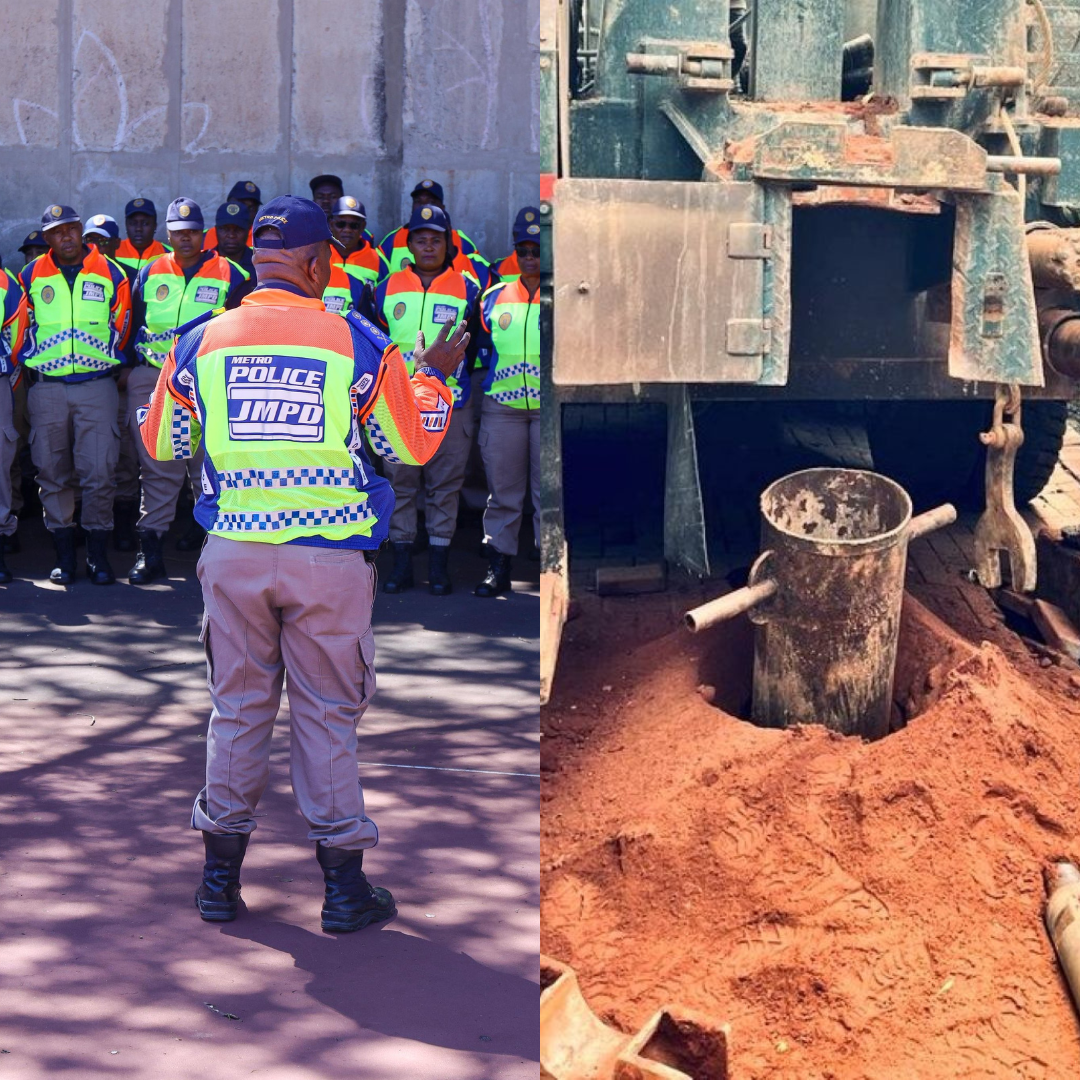Thinking About a Borehole? Here's What You Need to Know About Permits in South Africa
So, you're considering installing a borehole. Great idea — it’s a smart, sustainable move, especially with rising municipal water prices and increasing demand on national water resources. But before you start drilling, there’s one big question you might be asking:
Can I legally use borehole water without a permit in South Africa?
Let’s clear up the confusion and help you understand the legal landscape so you can move forward confidently — and compliantly.
Do You Need Permission to Drill a Borehole in South Africa?
The short answer is: it depends on what you're using the borehole water for.

Here’s a breakdown:
- If you’re using borehole water for domestic use only (watering your garden, flushing toilets, doing laundry), you typically don’t need a water use license. This is called a Schedule 1 water use under the National Water Act (NWA) of 1998.
- However, you still need to inform your local municipality or council in some areas — like Johannesburg or Cape Town — where local by-laws apply. Some municipalities request a registration or even approval before drilling begins.
- If you plan to use the water for commercial, industrial, or agricultural purposes (think: irrigation for farming, bottling water, or running a guesthouse), then yes — you must apply for a water use license from the Department of Water and Sanitation (DWS).
So, drilling without a water license is not illegal — but using the water for anything more than basic domestic needs without a license is.
What About the Borehole Drilling Process?

While the act of drilling itself doesn’t always require a license, it’s crucial that it be done responsibly and by professionals who understand the legal and technical requirements — like working according to SABS SANS 10299-:2003, the national standard for borehole construction.
At LiquaFlo Borehole Solutions, we subcontract drilling only to reputable teams who follow this exact regulation. That means every borehole installed through us is drilled to professional, compliant standards.
How Much Is a Water License in South Africa?

Water use licenses aren’t fixed-price products. The cost depends on your usage type, location, and the extent of environmental impact.
- Application fees for water use licenses vary, but the process can involve hydrological studies, environmental assessments, and consultation costs.
- Many license applications can take up to 300 working days to process — so if you’re planning commercial use, start the process early.
- If you're unsure whether your usage needs a license, LiquaFlo offers borehole assessments and consulting to help determine your needs.
What Happens If I Don’t Follow the Rules?

If you use borehole water for business or farming without a license:
- You can be fined
- Have your borehole use restricted or shut down
- Or even face criminal charges
It's also possible that your water source could be tested or monitored, especially if you're in a water-stressed or regulated region.
How LiquaFlo Helps You Stay Compliant
At LiquaFlo, we understand that water compliance can be intimidating. That’s why we help you every step of the way:
- We offer pre-drill assessments to help you determine if you need a permit.
- We ensure SABS-compliant drilling via trusted subcontractors.
- We help you choose the right system for your needs — whether it's basic domestic use or an off-grid solution for farming.
- And we can guide you to consultants and licensing professionals if you require a water use license.
Our goal is to give you clean, consistent water without the red tape headaches.
Final Thoughts
Using borehole water in South Africa doesn’t always require a license — but understanding the rules before you drill is essential. With the right guidance and legal awareness, a borehole can be a smart, sustainable solution that saves you money and puts control back in your hands.
Need expert advice or a compliant borehole solution in the Johannesburg South area? Get in touch with LiquaFlo Borehole Solutions — your trusted partner in water independence.



